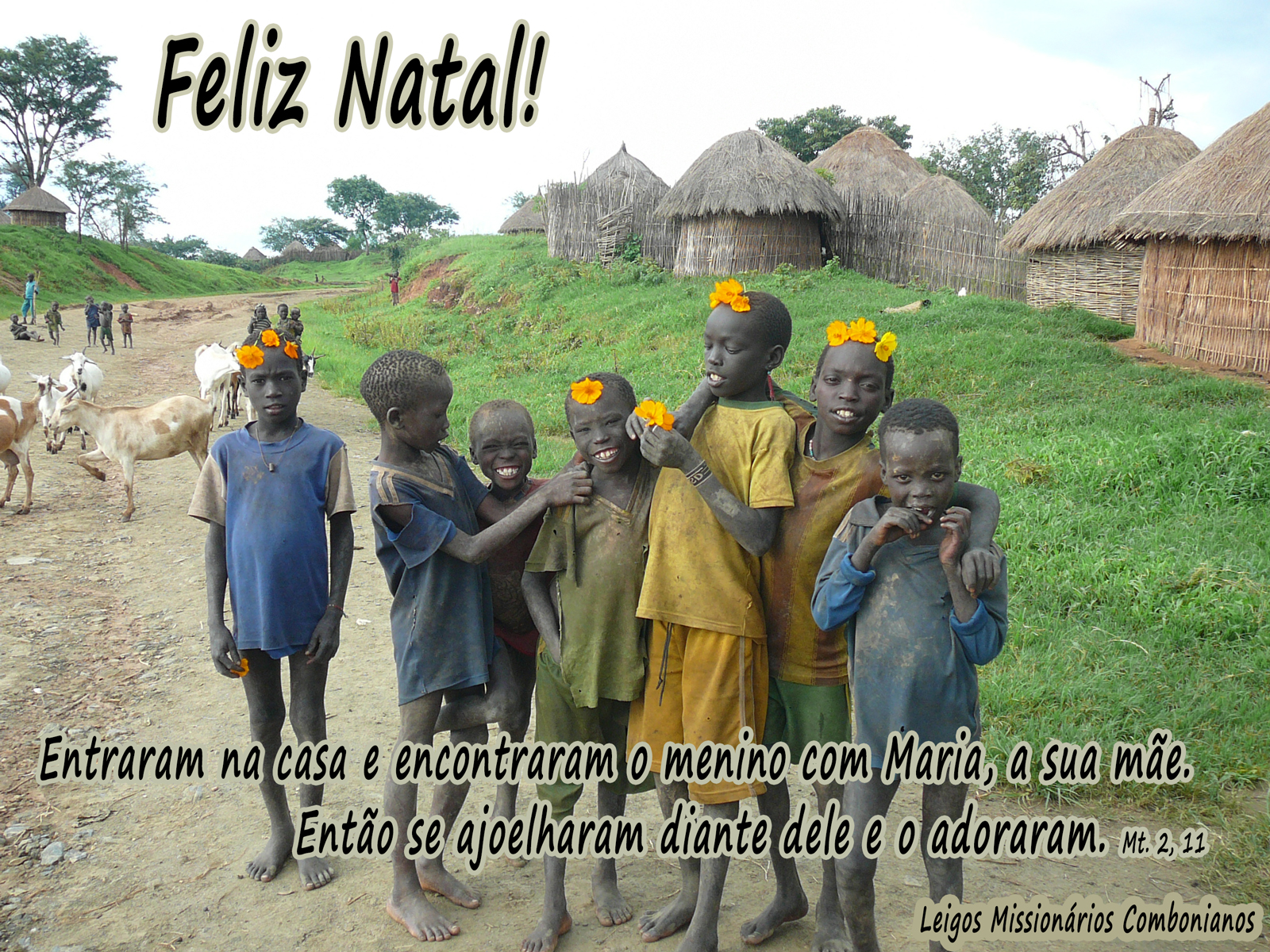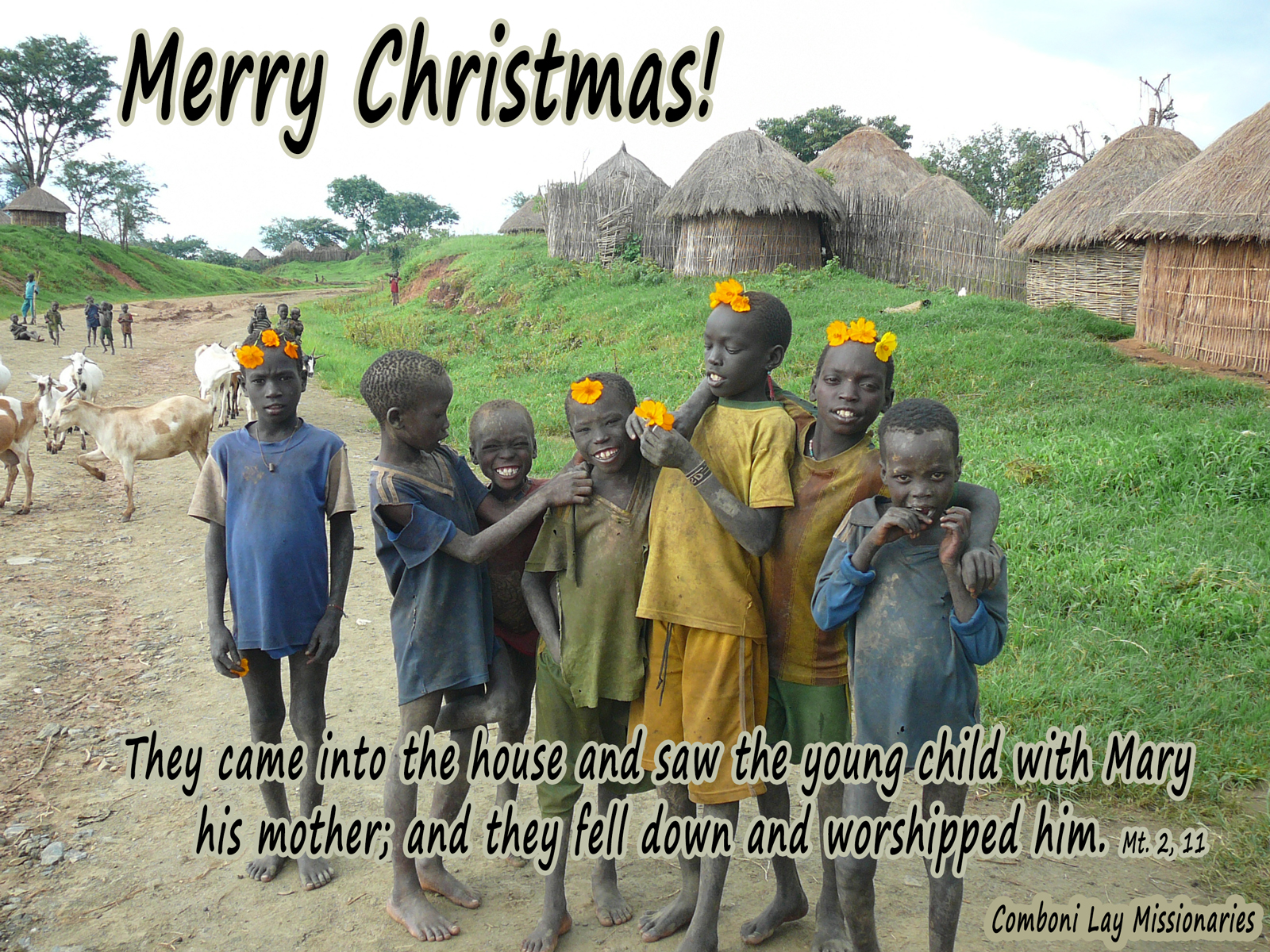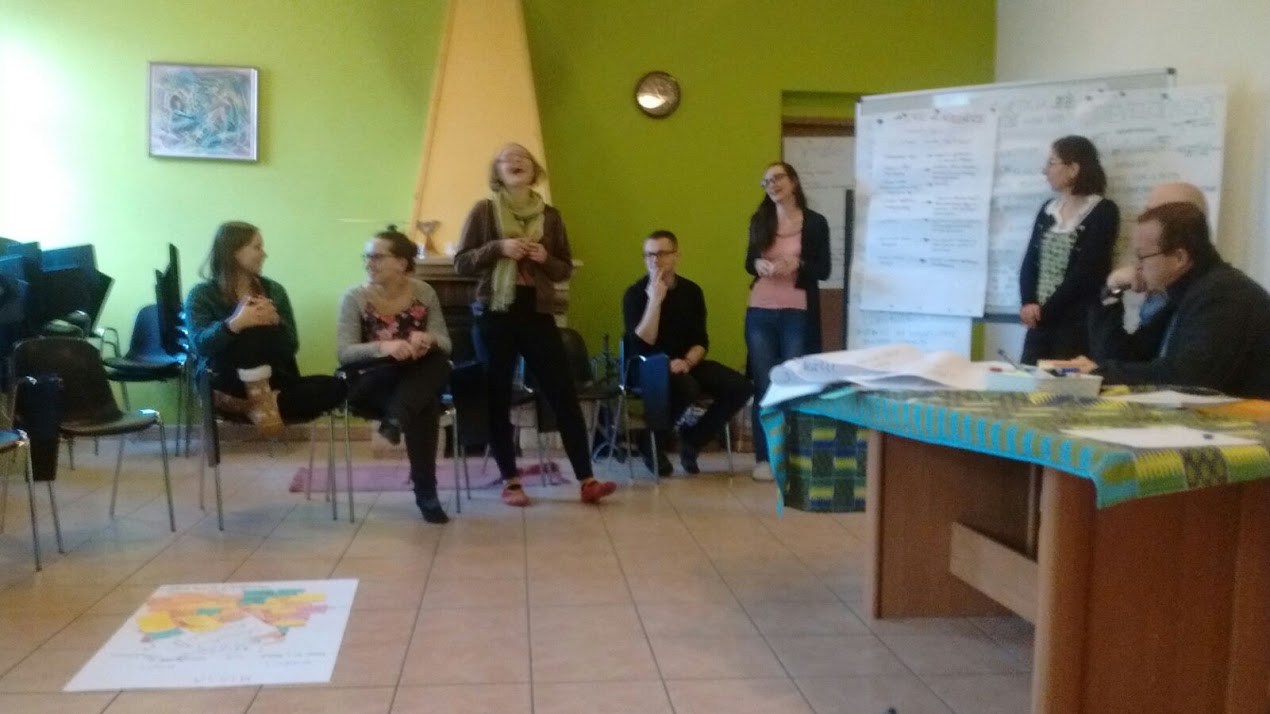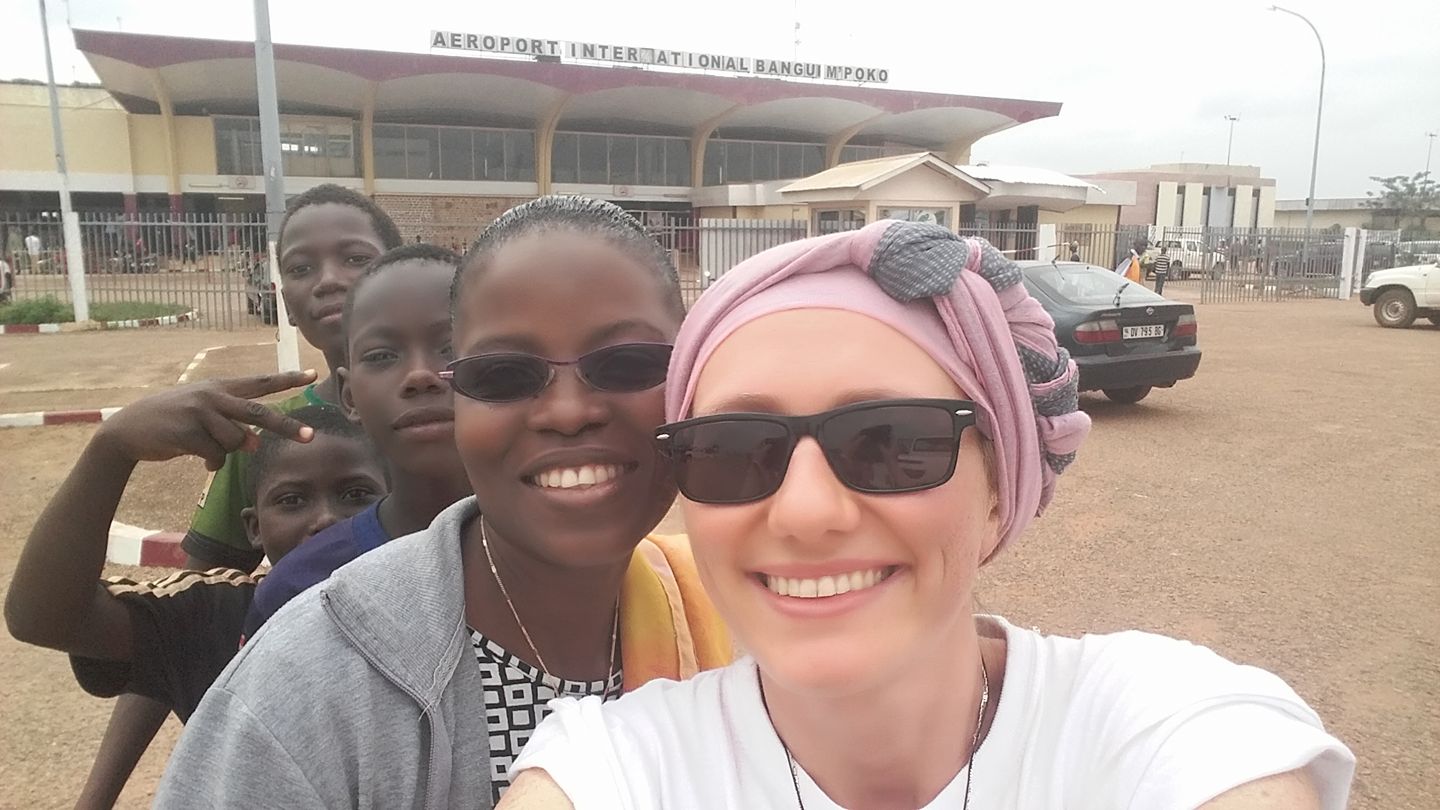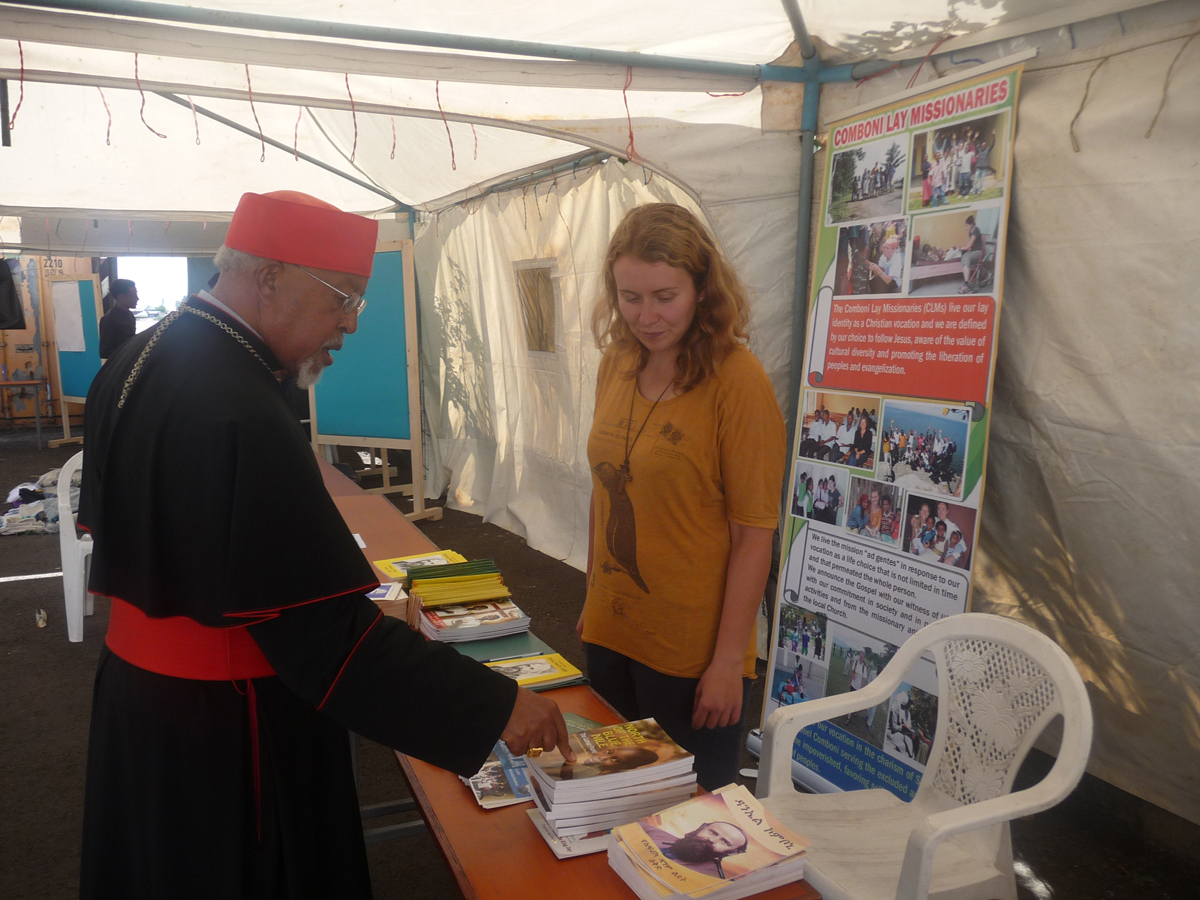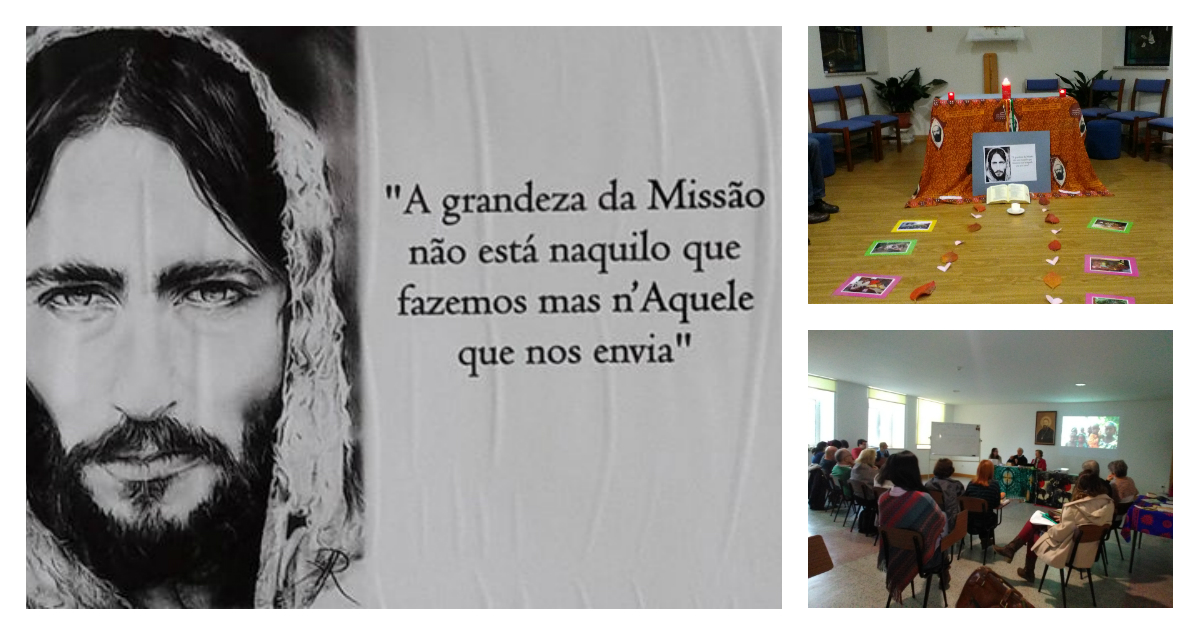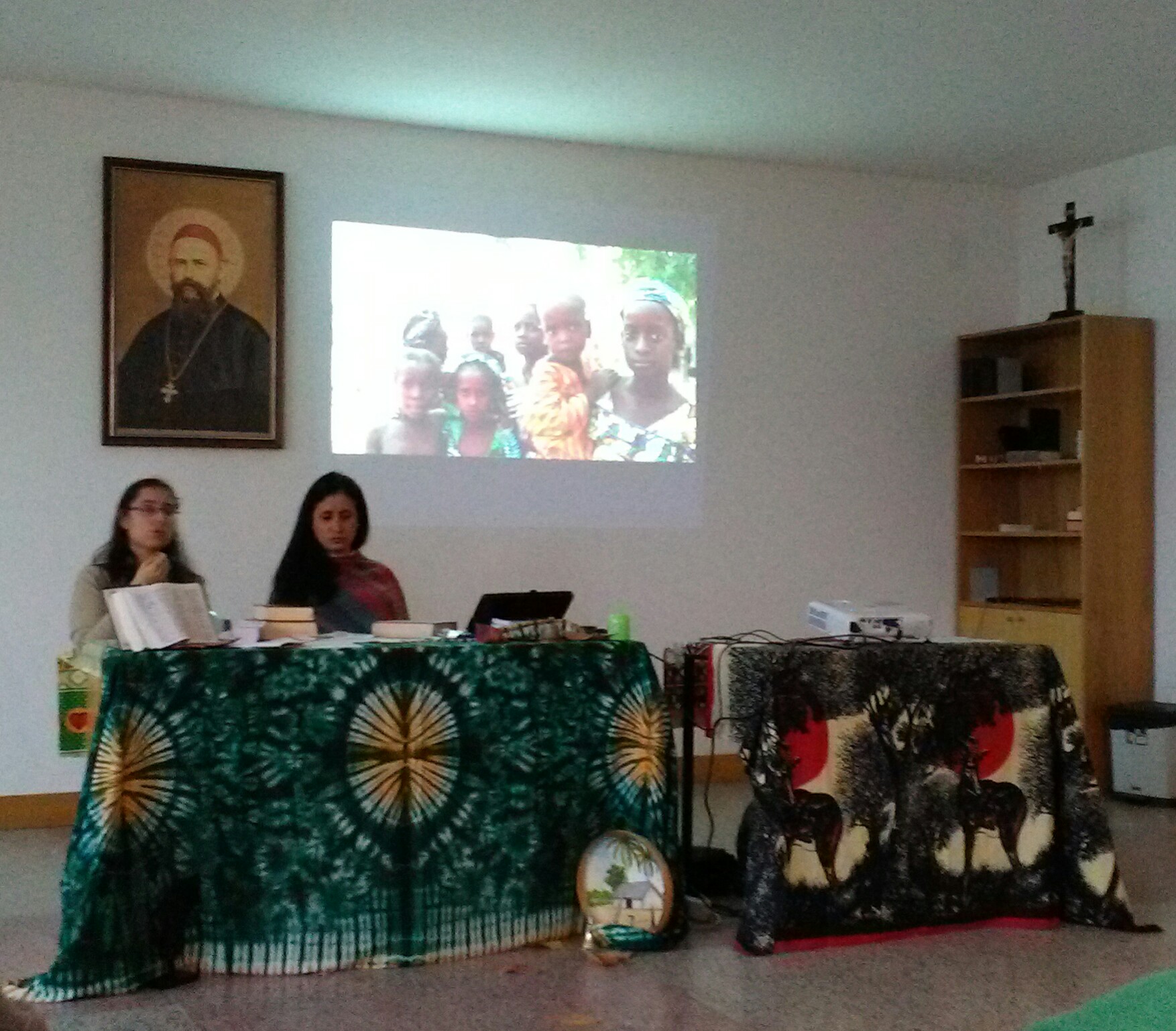Europe
“Christmas Eve” Polish CLM meeting
On 16-18th December we had our last formation meeting in 2016.
It was very extraordinary time. The main topic for this weekend was “Community”.
On Friday, after the supper, we had some introduction, and we talked a little bit about the components of CLM community. We looked closer at this issue on Saturday during some workshops conducted by Alberto de Portilla – our CLM International Coordinator from Spain.
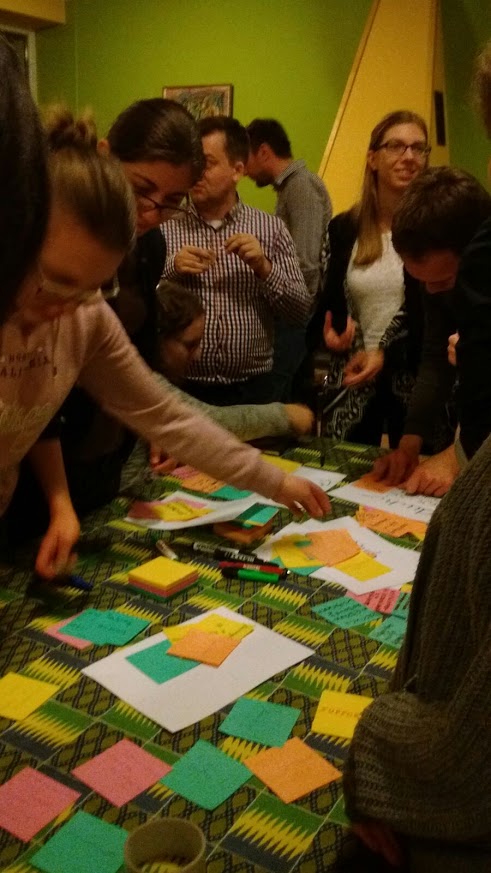 During our Bible lesson with Sister Joanna, we were analysing Haggai Book. Israel as “exclusive People” needed to cooperate, live as a community and trust God in order to rebuild their Temple.
During our Bible lesson with Sister Joanna, we were analysing Haggai Book. Israel as “exclusive People” needed to cooperate, live as a community and trust God in order to rebuild their Temple.
In the evening, there was a time for the Christmas Eve dinner. After reading story about Jesus’ birth from the Holy Bible, we shared a special wafer when exchanging Christmas greetings. After that, we started to eat delicious Christmas food: croquettes with beetroot soup, dumplings with dried plums, a lot of gingerbreads and some traditional food from Silesia (administrative part of Poland) – “moczka”. It was also a time for the Christmas presents, it was a lot of fun and joy for all of us.
Late evening we started vigil in the Chapel, praying for all the continent in many different languages, having a special prayer for all the missionaries spread all over the World, and at midnight we participated in traditional Mass called “Pasterka”.
On Sunday, during the Comboni lesson we explored St. Daniel Comboni’s attitude regarding community and participation of everyone in the missions through the study of his Plan for the regeneration of Africa.
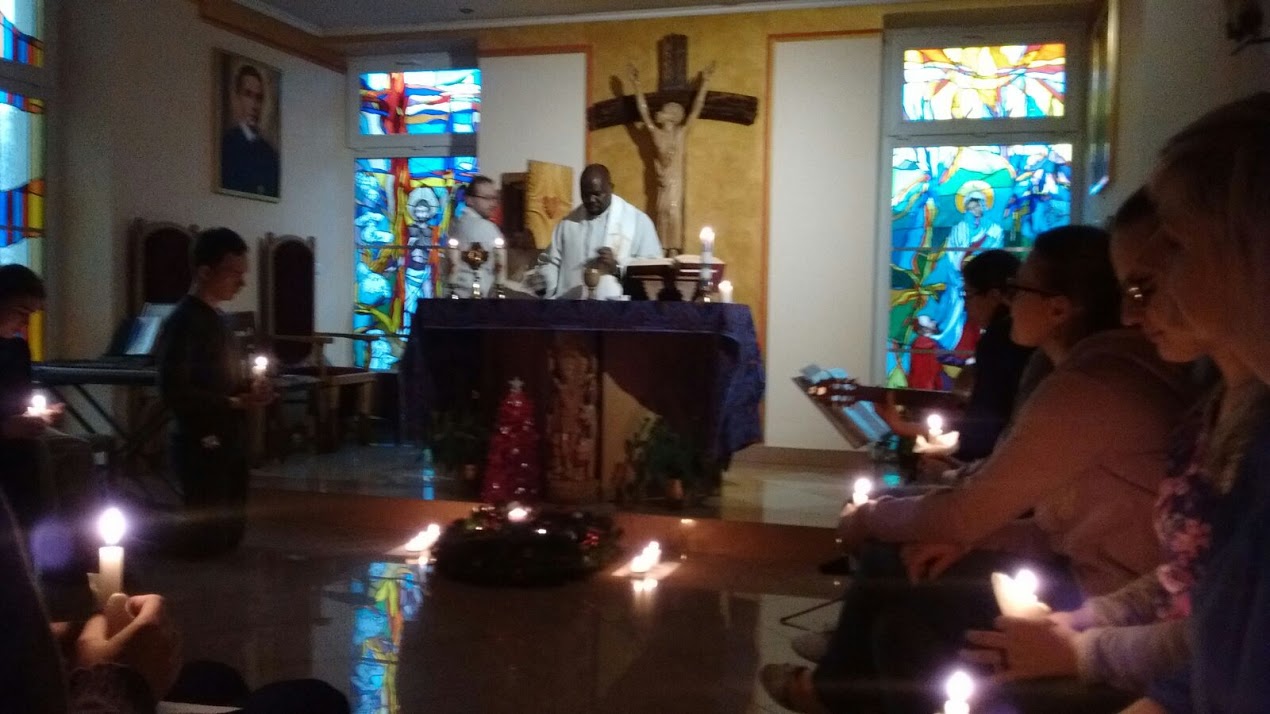 Jesus is born every day, we just need to be courageous enough to notice it and accept Him in our hearts!
Jesus is born every day, we just need to be courageous enough to notice it and accept Him in our hearts!
Merry Christmas to all of you!
CLM Poland
Passing through Bangui
We arrived in Bangui to meet Irene, a CLM coming from Kinshasa. She is from the Democratic Republic of Congo group and will stay with us for about a month. A very charming person. May God allow us to give her a good missionary experience and an unforgettable one for her.
We brought along one of the orphans to whom we feed maternal milk. Her name is Mervelle (Wonder) and she weighed around 4 pounds at birth. She is now five months old, is growing normally and weighs in at 11 pounds, but by December 2 she had lost over a pound and the grandmother said that she had diarrhea. We immediately sent her to the UNT and she was admitted. She was undernourished, and had a fever on a daily basis… Both the director of the hospital and Tenda, another medical colleague, thought that she may suffer from meningitis, so on Wednesday we decided to transfer her to Bangui.
We reached Emergency, an Italian NGO working in the pediatric division of the hospital in Bangui, on Friday around noon and left at four. She was checked from top to bottom and x-rays of her lungs were taken. In the end, Mervelle, our Wonder, was admitted to the ICU for pneumonia, and with symptoms of meningitis, anemia and malaria.
They immediately started to give her oxygen. It was difficult to get enough of her blood for analysis. May God help her to recover quickly, if it is his will! May he watch over her. Today is Sunday and, thanks be to God, a nurse told us that she is doing better.
On December 8 we celebrated the closing of the Year of Mercy with the participation of the entire parish. The Eucharist was very lengthy and lasted three hours, but everyone was happy. At 6:00 in the morning we said the rosary, accompanied by many songs, as we took the image of Mary in procession through the communities of Mongoumba. The faces of our people were glowing with joy and with devotion to our Heavenly Mother.
The Family Jubilee was a success. We held catechesis for both parents and their children. It was good to see the parents and their children take part in the Eucharist together, because they usually do it separately. After Mass, each couple went out looking for a couple that was not married in Church, taking upon themselves the responsibility to catechize them and prepare them to receive the sacrament.
We also want everyone to know that now we have a new car! We thank the Comboni Missionaries of six provinces who shared with us the donations of their benefactors. We are grateful to God who gave them the inspiration to help us, to show solidarity and love.
Do not forget to pray for us. We pray for you.
WE WISH YOU ALL A HOLY CHRISTMAS AND A GOOD 2017 FILLED PEACE, JOY AND MUCH LOVE.
Hugs and kisses from the CLM Anna and Maria Augusta
Mongoumba, CAR
Promoting “Comboni Friends”
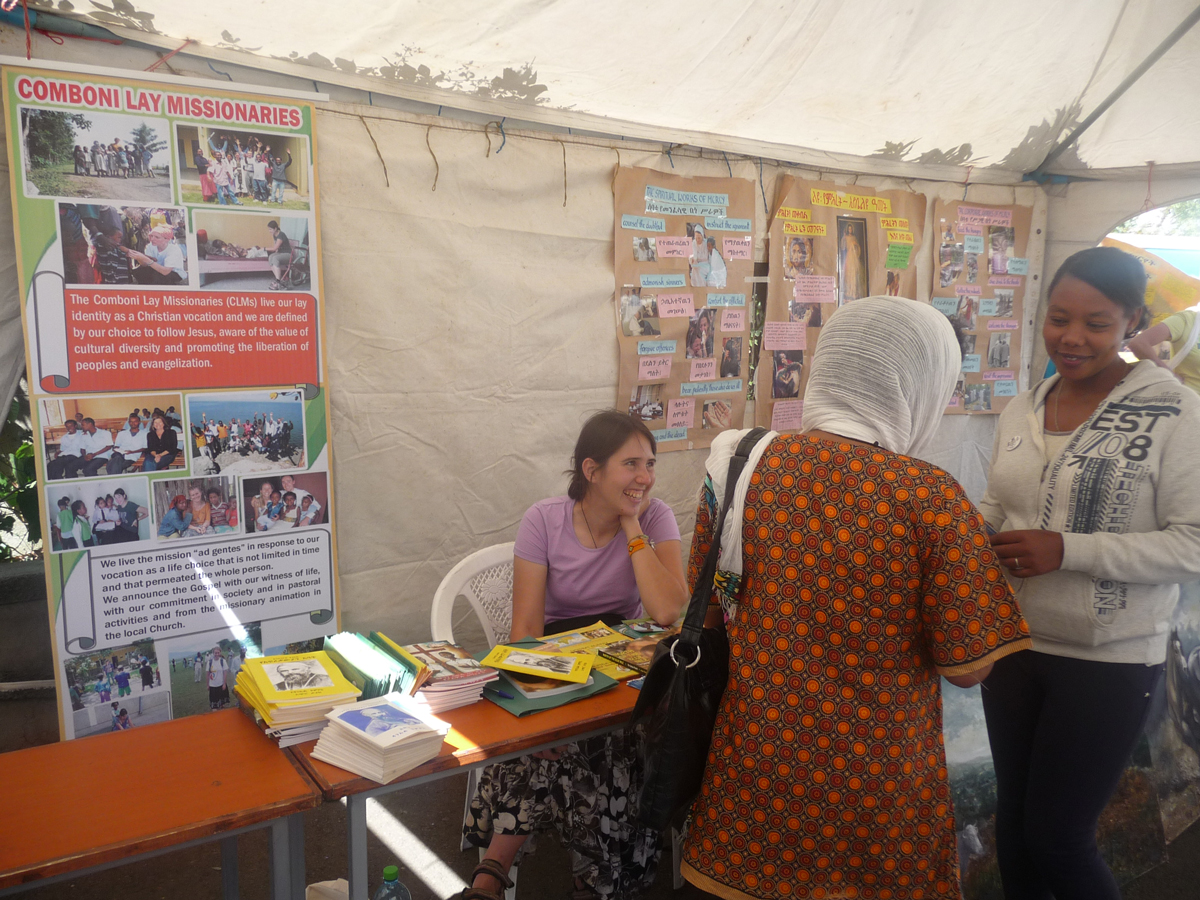 In Ethiopia, we are planning to revitalize the group of Comboni Friends and maybe later through this group also find some vocations for the Comboni Lay Missionaries (CLM).
In Ethiopia, we are planning to revitalize the group of Comboni Friends and maybe later through this group also find some vocations for the Comboni Lay Missionaries (CLM).
Last weekend it has been a good occasion for vocation promotion. We celebrated the Feast of Christ the King (two weeks later than the rest of the Catholic World).
The main celebrations took place in the cathedral of Addis Ababa. There was 2-days of special program. Saturday started with exhibitions of different congregations and lay movements; we were presented our CLM.
There was also a spiritual time – on Saturday adoration, prayers, conferences and confessions; – on Sunday: the solemn Holy Mass in the geez rite.
It was a really nice time of prayer & meetings with the people, some of them showed also interest to get to know our group better. So pray for all of us that, if it’s God’s will, the group starts and will grow well 🙂
CLM Ethiopia
“The worth of our mission is not in what we do but in the One who sends us”
“The worth of our mission is not in what we do but in the One who sends us”
Fr. Ivo, Comboni Missionary
The third formation meeting took place in Viseu, Portugal, on November 18-20. The topic was “Mission today: How? Why? To what end? The Church in action.” The CLM Susana Vilas Boas was in charge of the organization of this weekend.
Susana opened the first formation session questioning us with this quote by Fr. Ivo, which eventually served as the guideline for the entire meeting. It tells us that we are sent by the Father who is always with us and in whom we place all our trust.
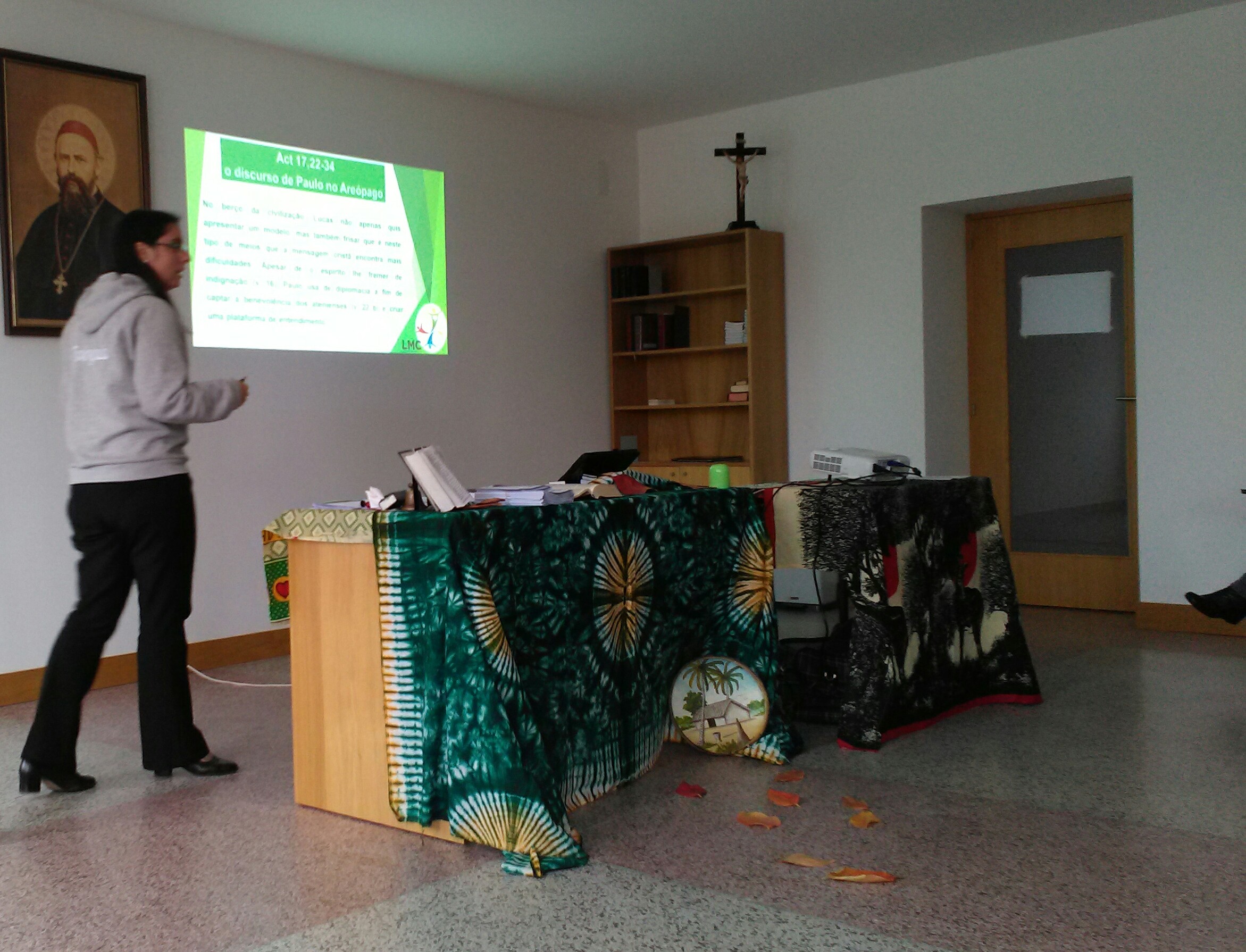 To me in particular it gave the assurance that I am not walking alone, that he helps me and will stay with me come what may.
To me in particular it gave the assurance that I am not walking alone, that he helps me and will stay with me come what may.
The CLM vocation, just like any other Christian vocation, is not limited to “me”, but always includes “us.” It is very good to discover and to feel it.
The meeting was divided into two sessions: The Acts of the Apostles and the CLM Directory.
I greatly enjoy rediscovering the Acts of the Apostles. With Susana, we lived through the book, some of the more important events, the historical background and, finally, in small groups we were able to delve more deeply into some of the events described by Luke.
On Saturday afternoon, after sharing the group work, we started on the second part. It was a good moment for clarifying some doubts and some crucial aspects in the CLM formation journey.
The evening was spent together with charades on the Acts of the Apostles, with some partying, good conversation and… jokes.
On Sunday morning, it was great to be able to listen to Marcia Costa, who told us about how and when she joined the CLM, her family’s reaction when she decided to leave for the Republic of Central Africa, how she lived and what she did. It was also good to listen to Susana and to understand a little better the realities they faced, and the challenges. We also had the beautiful witness of Ana and Arthur Valente, a couple who upon retirement gave their life to mission work.
Well… It is great to realize that there is not a set age, and that we have a lot of time to do good and make a difference.
By Sofia Coelho




